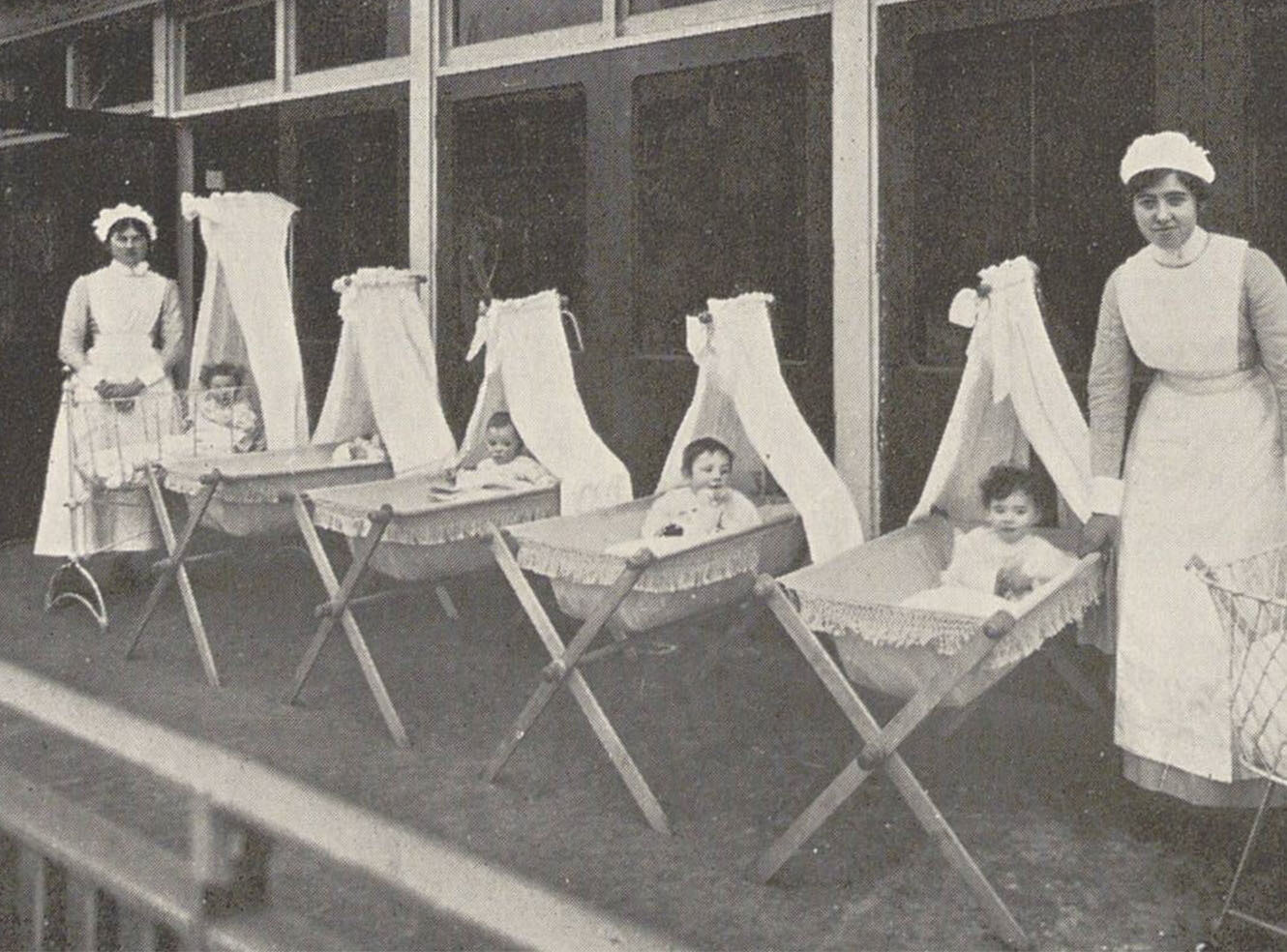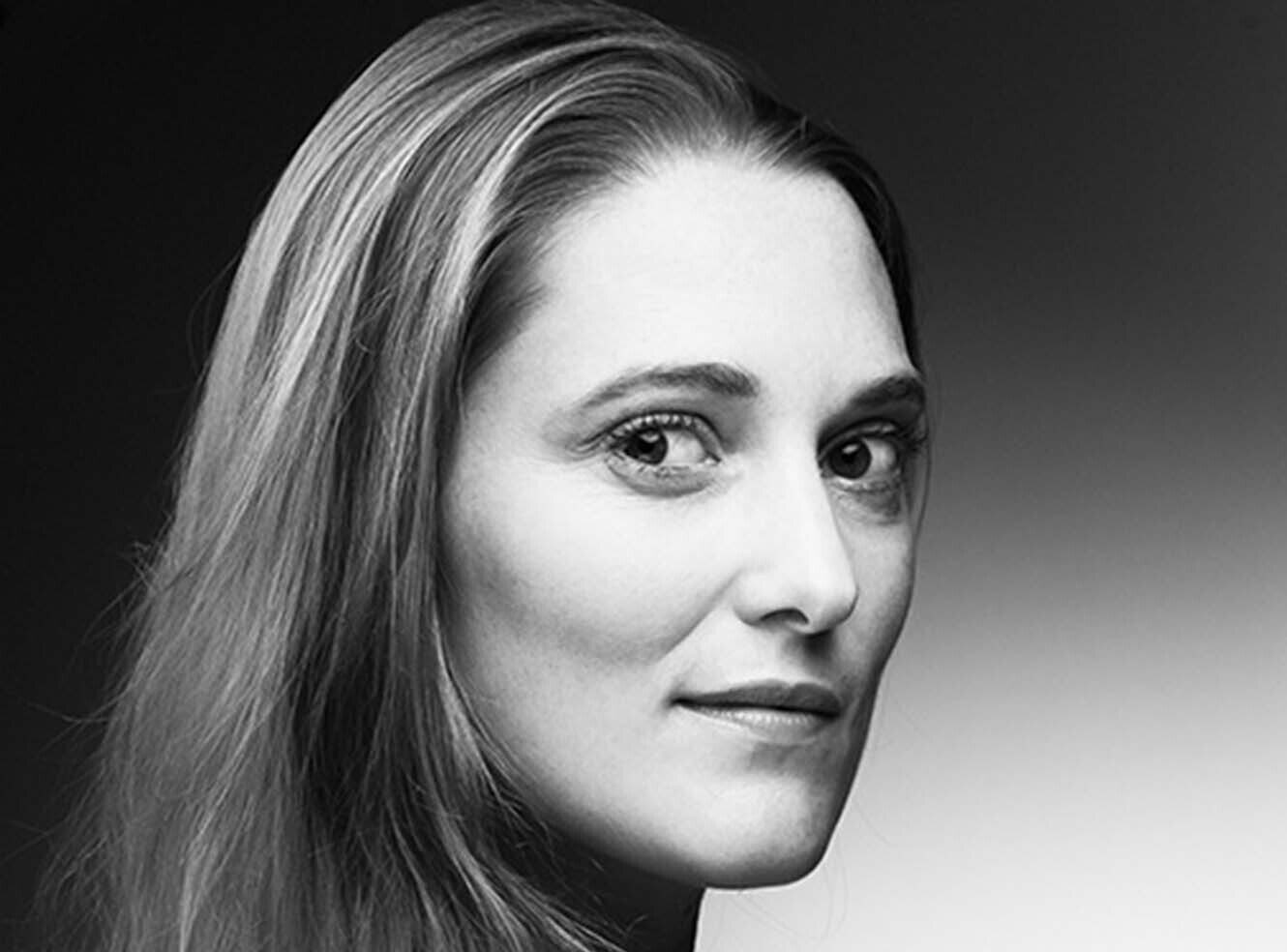Peabody Essex Museum chooses Quartex to reimagine and showcase Salem history digital collections
The Peabody Essex Museum has chosen Quartex, the digital collections platform from primary source publisher Adam Matthew Digital, to build and launch new digital archival collections that celebrate and commemorate chapters in the history of Salem, Massachusetts.
As one of the oldest and fastest-growing art museums in North America, the Peabody Essex Museum (PEM) holds extensive archives, including the world’s largest collection of materials relating to the Salem Witch Trials of 1692-1693.
In 2018, PEM joined 180 other heritage organizations in collaborating to make the cultural heritage of Massachusetts available to all through a state-funded digitization partner, the Digital Commonwealth.
Appointed as the Ann C. Pingree Director of the Phillips Library at PEM earlier in 2021, Dan Lipcan has set out a new strategic vision which includes the digitization of many more of the Library’s collections to make them freely accessible and discoverable to as wide an audience as possible.
Broadening access to our collections is a core strategic goal for the Phillips Library. We selected Quartex for its combination of features that will help us accomplish that: its flexible architecture, compliance with web accessibility guidelines, and support of technical standards like IIIF (International Image Interoperability Framework), among others.
A key factor in PEM’s decision to choose Quartex to showcase its digitized materials was the ability to easily generate automatic transcriptions of manuscript materials in-platform.
The prospect of using the Handwritten Text Recognition (HTR) Transcription technology in Quartex is extremely exciting for the Peabody Essex Museum because of our focus on digitizing our extensive archival collections. Automating the transcription process of newly digitized manuscripts will unlock enormous amounts of previously hidden content for our global community of users and researchers.
PEM is working towards launching its first collections in early 2022.
Among the materials to be ingested into the new platform, alongside documents from the Witchcraft Trials, are items from the Winthrop Papers relating to the first Governor of the Massachusetts Bay Colony, Salem broadsides, images from the Great Salem Fire of 1914, and the Remond Family Papers, which include letters and papers concerning the black businessmen and anti-slavery campaigners John Remond and his son Charles Lenox Remond.
The Peabody Essex Museum has culturally significant holdings and we are delighted they have chosen Quartex to help fulfil their strategic aims of making more of their archives freely available online. The breadth of material to be digitized and showcased will draw on the full capabilities of Quartex, including automatic generation of transcriptions across all digital asset types, and will be reflected in the published site. We look forward to working with the Phillips Library team to help them to turn their strategic vision into reality.
Recent posts

AM’s new resource, A Global History of Epidemics, 1800-1970, offers interdisciplinary researchers unique primary sources, interactive tools from maps to timelines, and expert essays, to explore disease history, colonialism, and public health advancements within the British Empire and beyond.

